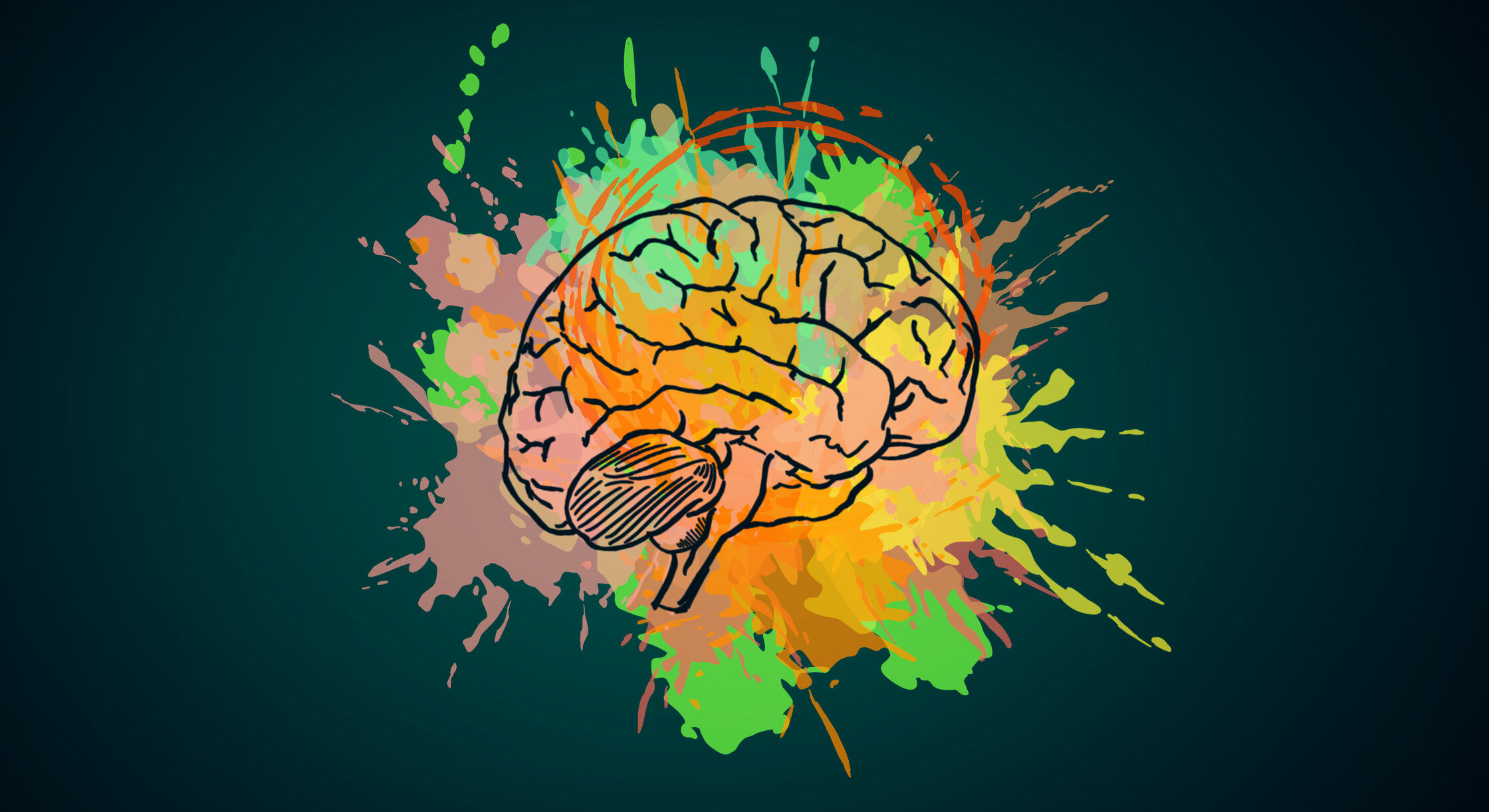Creative Expression as a Conduit to Healing
The creative process is not just found on a canvas, it is an endless list: found in cooking, singing alone in your car, in lifting weights, how we solve problems, arranging flowers, playing an instrument, dancing, and in tending to a garden.

For most of us, even those of us that had to grow up and become miniature adults too quickly can recall moments in childhood where there was an eagerness to play, to tap into imagination, and to create. We witness this in children as adults and see the beauty in their effortless creative narratives. But then we lose it. At some point in our lives, we become aware of others. Life happens. We become aware of how revealing that creativity is when it is uncensored and free. So it becomes stifled. Sometimes we add a layer of shame onto that by comparing ourselves to others, so we eventually stop creating. Then here comes that ‘blank page’, and we freeze.
“Fears about artmaking fall into two families: fears about yourself, and fears about your reception by others.”
–Art and Fear, David Bayles and Tom Orland
Each of us can tap into the creative process and this surfaces differently within everyone. The creative process is not just found on a canvas, it is an endless list: found in cooking, singing alone in your car, in lifting weights, how we solve problems, arranging flowers, playing an instrument, dancing, and in tending to a garden. The creative process was something that was nurtured by people that happened to walk onto my path, and is why I am passionate about being a creative encourager for others as well. Lane Raiser, a watercolor professor who also happened to teach a creative process class, was one of the people that walked onto my path. He was the incarnation of his mantra, “as you become an adult, remain childlike.” If we remain inspired, even by the smallest and most passable of things, we maintain that sense of awe that encourages the creative process, as well as catapulting us into the present. Creating things has been a crucial part of my own mental health and well-being, and in so many ways saved me by having some kind of release when there didn’t feel like there was one.
Creative expression gives us an opportunity to explore our own hesitations when faced with a ‘blank page’. Do we play it safe? Are we taking risks? Do we act from a place that is guided by others’ expectations? We may feel a rush of insecurities when asked to do something that requires creativity because we associate creativity and creative expression to childhood, not adulthood. Carl Rogers defined this as our human potential as adults, to be able to tap into our spontaneity, intuition, imagination, self-awareness, and emotion regulation. We live in a world where we are accustomed to more small talk and less vulnerability. Creating anything is an incredibly vulnerable process because we fear rejection or we fear what will surface within ourselves. But there are opportunities for healing and self-reflection, no matter the outcome of the endeavor, and every single person has access to this.
“Everyone’s creative acts, whatever they may be, make constructive form out of the apparent formlessness of our lives.”
–Rollo May, My Quest for Beauty
TCC has expanded our mental health services to the greater Portsmouth area, in efforts to support our community and finds value in holistic approaches that promote emotional wellness and growth, and providing an outlet of support during unprecedented social stressors.
I encourage you to follow us on Facebook and Instagram as we continue to share our thoughts and practices in the business of Mental Healthcare. If you or someone you love is in need of behavioral treatment of any kind–reach us at 740.354.6685 or 24/7 on the Crisis Hotline 740.354.1010.
💣 💪 💪 💯
